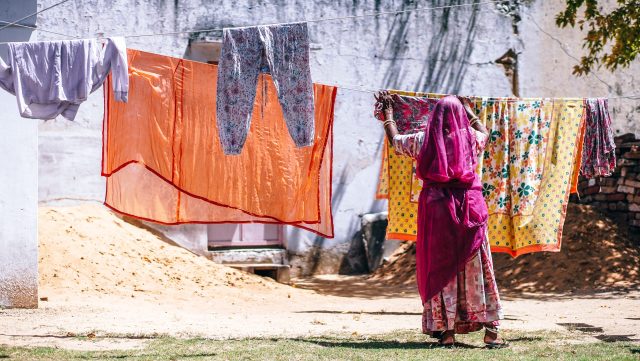Isa Al-Maeda says life was difficult as a farmer in the Philippines, but at least she was near her siblings and parents. Wanting her family economically, she made the decision to take a job as a domestic worker halfway around the world in Jordan in 2006.
She was promised a monthly salary of $500, and she received the full amount her first month of work. Then it became $300. Then nothing.
Her employer claimed the family was going to financial problems but they they would pay her as soon as they got more money. It never happened.
CNN reports that Al-Maeda, like many of Jordan’s migrant domestic workers, was unsure who to turn to for help, especially after her work permit and visa expired. The shame that she couldn’t send money home was also unbearable:
Al-Maeda says she could not leave because she was too scared to go outside, she didn’t know the country and didn’t know if anyone would help her.It took her nine years to gather the courage to escape, something that was made harder after her residency and work permits expired and years’ worth of fines accumulated, which made her illegal.Now 36 years old, Al-Maeda told CNN she understands she was a slave. Wiping tears from her eyes, she says what she has been through haunts her even in her sleep. The thought of wanting to send money to her family, but having nothing, has been the hardest thing.








Freedom United is interested in hearing from our community and welcomes relevant, informed comments, advice, and insights that advance the conversation around our campaigns and advocacy. We value inclusivity and respect within our community. To be approved, your comments should be civil.